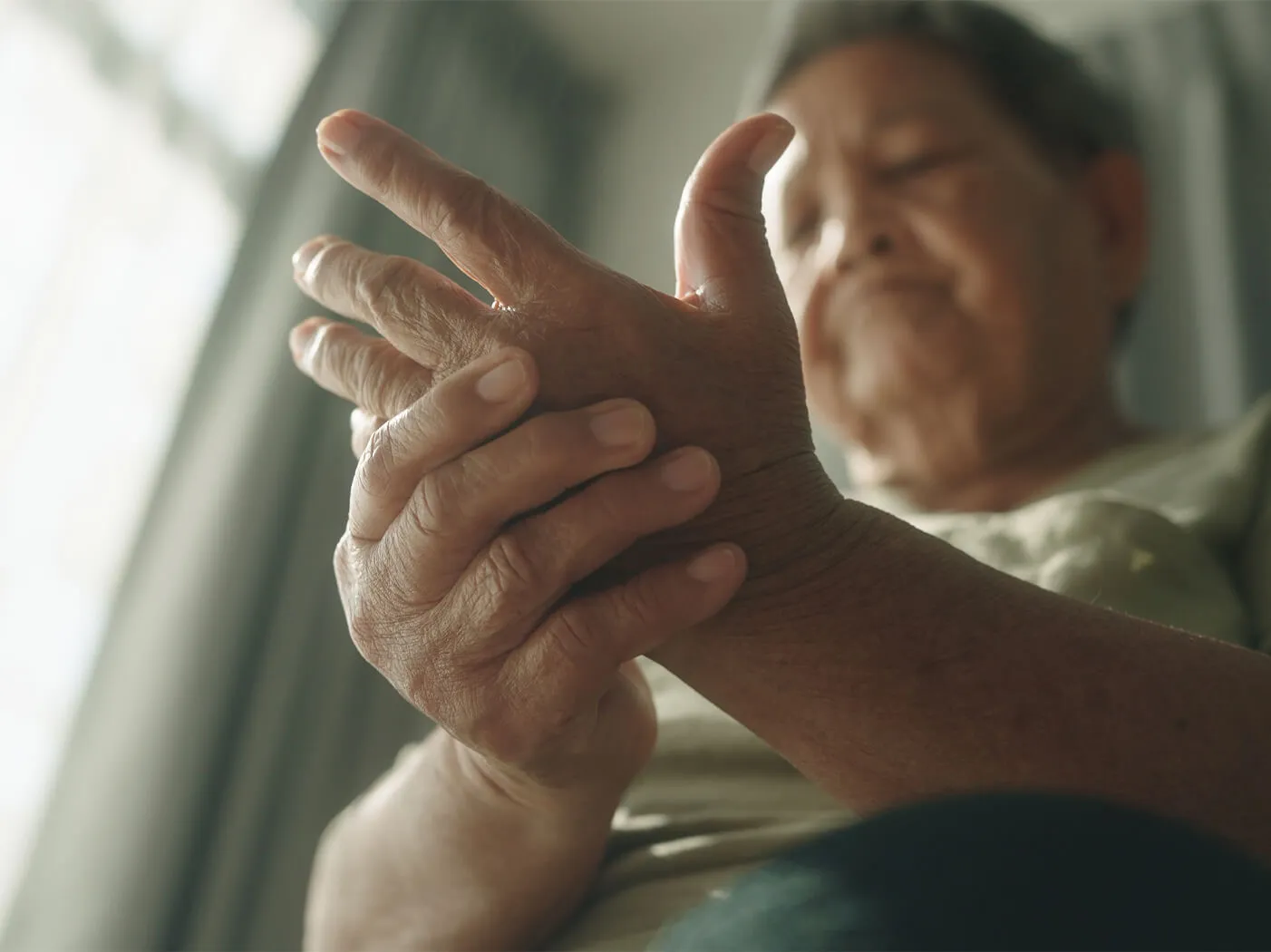Understanding and Coping With Central Precocious Puberty in Children

Puberty is a normal part of growing up and a rite of passage into adulthood. This normally happens for females between the ages of 8-13 and in males aged 9-14.
However, some children can begin to experience signs of puberty at an earlier age. This may be caused by a condition known as Central Precocious Puberty (CPP). This involves early activation of the hypothalamic–pituitary–gonadal (HPG) axis, leading to early physical changes associated with puberty.
Recognizing the Condition
A child with central precocious puberty experiences early onset signs of secondary sexual characteristics at an unusually early age. These children may grow taller than normal for their age or show signs of breast growth or testicle growth. They may also experience typical signs of puberty, such as pubic hair growth, acne, voice changes, or a first menstrual period. If parents and caregivers notice any of these in their children before age 8 for girls or 9 for boys, they should consult their pediatrician.
In the U.S., central precocious puberty is believed to affect between 1 in 5,000 to 1 in 10,000 children. The condition occurs more frequently in girls than in boys. A pediatric endocrinologist may be able to confirm a CPP diagnosis through a series of tests.
How to Get Help—One Parent’s Advice
Most parents would agree that medical issues for children can be challenging and emotional. Anything that threatens to take away our kids’ “normal” childhoods can be especially painful. But parents and caregivers should know they are not alone and treatments are available.
Rebecca, a parent and pediatric endocrinology nurse, believes that children with central precocious puberty can thrive, especially once the condition is well-managed with treatment. She reflects on the journey with her daughter Hannah, who began to develop signs of puberty at age 2:
“I remember when Hannah was diagnosed, the fear and anxiety was very overwhelming. Now that she’s on treatment and I can share her story, we encourage families to know that CPP is a condition that can be treated.”
Five years later, Rebecca describes Hannah as a “gem” who has thrived, saying, “She is just your typical 7-year-old—she loves to eat ice cream, she loves to do arts and crafts, and paint, and go to the park. It’s truly this gift we’ve been blessed with that has allowed me to help other families going through the same journey.
“My reasoning for sharing Hannah’s story is to help other families dealing with a new diagnosis of CPP for their child.”
Learn more about Rebecca’s and Hannah’s story.
For additional information, visit the Magic Foundation: https://www.magicfoundation.org/growth-disorders/precocious-puberty/



